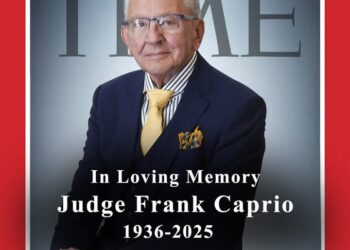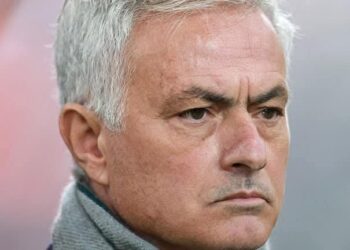In a recent development that has sent ripples through the rugby league community, Catalans Dragons’ captain Benjamin Garcia and fullback Arthur Mourgue were reportedly involved in a heated argument during a training session earlier this week. The altercation, which has become a topic of intense discussion among fans and analysts, underscores the pressures and dynamics within professional sports teams.
According to sources close to the team, the disagreement arose from differing opinions on training intensity and strategic approaches during practice drills. Garcia, known for his disciplined and rigorous approach to training, allegedly confronted Mourgue over what he perceived as a lack of effort during defensive drills. Mourgue, a rising star celebrated for his agility and offensive prowess, reportedly took exception to Garcia’s critique, leading to a verbal exchange that required intervention from coaching staff and teammates.
Such incidents, while not uncommon in high-stakes sports environments, highlight the delicate balance between maintaining team cohesion and addressing individual accountability. Garcia, who has been with the Catalans Dragons since 2013 and assumed the captaincy in 2017, has been instrumental in instilling a culture of excellence and hard work within the squad. His leadership has been pivotal in the team’s recent successes, including their historic appearance in the Super League Grand Final.
Mourgue, on the other hand, has been a revelation for the Dragons, with his performances drawing attention from both domestic and international observers. His flair and attacking instincts have added a new dimension to the team’s play, making him a fan favorite. However, as with many young talents, balancing individual expression with team responsibilities can sometimes lead to friction.
Head coach Steve McNamara addressed the incident in a press conference, downplaying its significance and emphasizing the competitive nature of professional sports. “In any high-performing team, emotions can run high, especially when everyone is pushing to be the best. Benjamin and Arthur are both passionate players who want to win. They’ve addressed their differences, and we’re moving forward as a united group,” McNamara stated.
Team dynamics are often tested during challenging periods, and how a squad navigates internal conflicts can be indicative of its overall resilience. Sports psychologists note that while confrontations can be disruptive, they also present opportunities for growth and improved communication. The key lies in addressing the root causes and ensuring that all parties feel heard and valued.
Fans have taken to social media to express their views on the incident, with opinions ranging from concern to support. Some supporters believe that such confrontations are a natural part of competitive sports and can lead to better performances, while others worry about potential rifts within the team. The general consensus, however, leans towards trusting the leadership to manage the situation effectively.
As the Catalans Dragons prepare for their upcoming fixtures, the focus will undoubtedly be on their on-field performances. Both Garcia and Mourgue are professionals with a shared goal of achieving success for the team. This incident, while newsworthy, is likely to be a footnote in their journey, serving as a reminder of the passion and commitment that drives athletes to excel.
In conclusion, internal disagreements, such as the one between Benjamin Garcia and Arthur Mourgue, are part and parcel of professional sports. They reflect the high stakes and intense emotions involved. What matters most is how teams address and learn from these moments, using them as catalysts for unity and improved performance.










